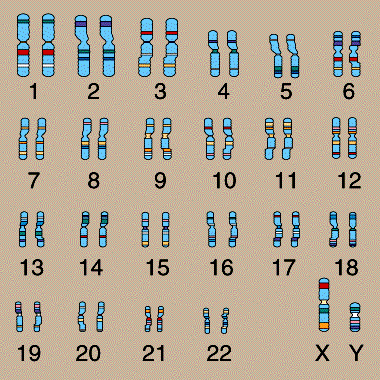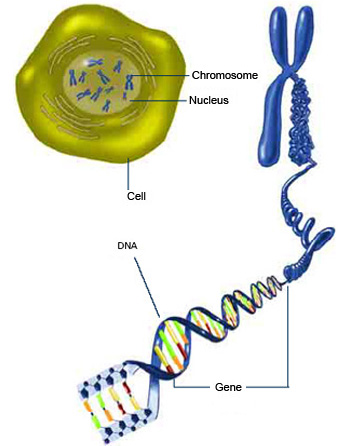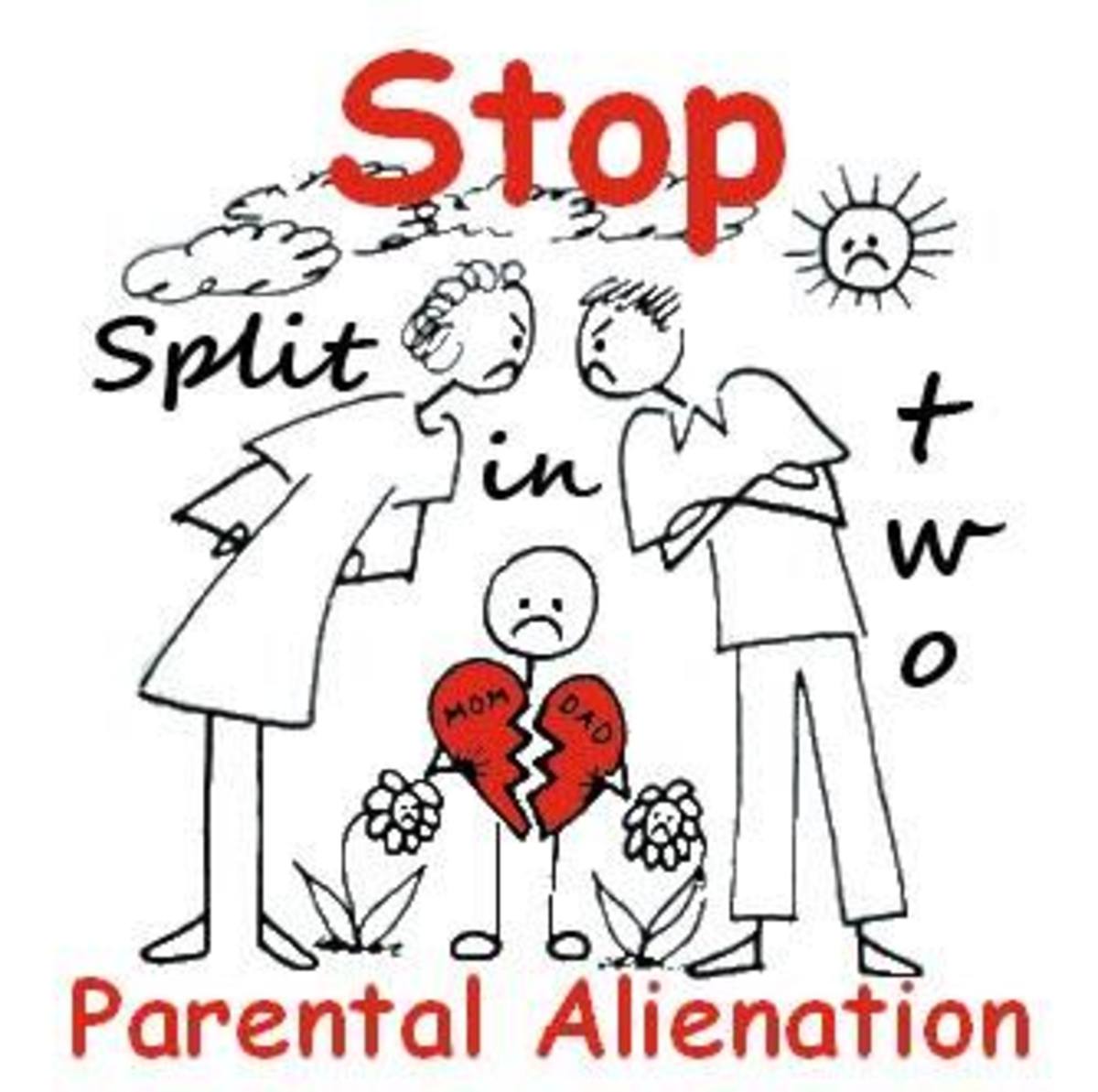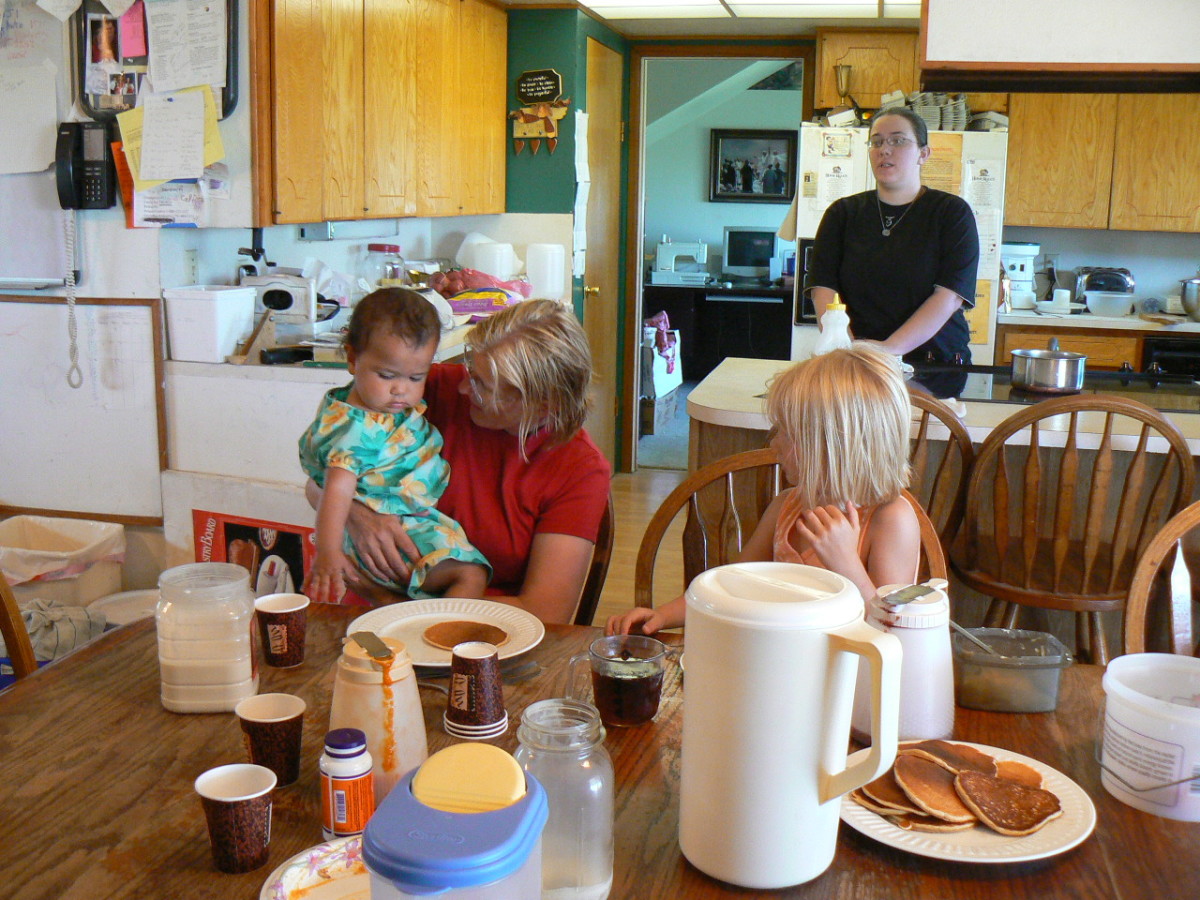What is the Perfect Age for Giving Birth to Healthy Babies?
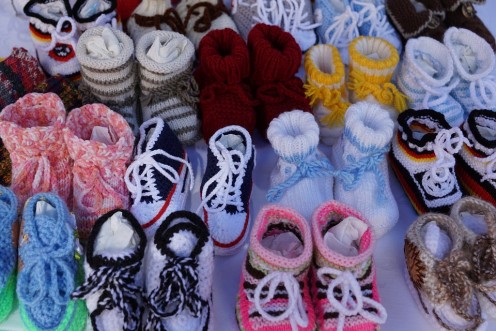
What Is the Perfect Age for Giving Birth?
This is certainly a loaded question and we know that the rage of age for women giving birth is quite wide. Having witnesses an 11-year-old girl giving birth, I have read medical reports of females ages five through sixty-five doing so. The lowest and highest ages reported are rare, but what is the best age?
Medical Findings
Data suggests that parents somewhat over 30 bring much more to the parenting table than do teens and twenty-somethings. However, they also bring a greater risk to their unborn children of genetic malfunction and decreased overall health after birth.
Reading dozens of studies and summaries of additional work in popular magazines leads me to believe that the recommended best time to conceive children is between the ages of 22 - 25, but only if the parents are intellectually and emotionally mature enough.
That won't do, will it?
As a child of at least one very-much-older parent and the other about right on the mark of this request, having older parents can leave you having no family remaining after you are yourself 30 years old.
Colleagues that have had parents at or just over 30 at the start have experienced different outcomes, both good and less good. Untilmately,the decision is up to the couple that wishes to conceive.
Recommendations
Reasons and data supporting these recommendation appear below, but bottom line for a good plan:
- If you wish to conceive as a planned event, have genetic testing if over 30 years of age (both parents).
- If either parent is over 50 years of age, the health and social/psychological risks may outweigh the potential advantages to your future child. Conception is still your decision, which you will think through carefully.
80% Downs Children Born to Women Under 35, But There Is Hope.
Summary of Research Up Until 2000
A Summary of Some Effects of Parental Age
Reference:
Article: Parental age at conception and offspring longevity. Clinical Gerontology (1997), 7:5-12. Cambridge University Press; © 1997 Cambridge University Press.
- This article summarizes research up until the late 1990s (supported a decade later in 2007) about the effect of the age of parents at the birth of their children upon how long the children might live and with what physical problems.
- Researchers: Leonid A Gavrilov and Natalia S Gavrilova from the Moscow State University and the Russian Academy of Sciences in Moscow, Russia. Also at Center on Aging, University of Chicago.
MY SUMMARY
The body of knowledge about this question seems to suggest that the age of the parents affects their children in very many ways.
This question has been examined intensive by researcher Caleb E. Finch, who wrote book The Biology of Human Longevity in 2007. Heis the world's top authority on the subject of aging and its effects.
A number of conditions are brought on in the child by the advancing age over the late 20s of the mother. These include conditions that result in an abnormal number of chromosomes being possessed by the child. Humans are to have 46 chromosomes, half donated by either parent.
Conditions specifically linked to mother's age include: Down syndrome (trisomy 21); Klinefelter syndrome (XXY); Edward syndrome (trisomy 18); and Patau syndrome (trisomy 13). Pictures of Edward's and Patau's syndrome are most disturbing, ith disturbances to facial and hand/foot development. Klinefelter's results in males without the usual secondary sex characteristics at puberty, but more breast tissue, which may lead to higher risks of breast cancer in males, who do suffer this condition sometimes, even without Klinefelter's. They may also experience learning disabilities. Down's is the well known mongoloid appearance to some degree, often with learning disabilities and/or some degree of mental retardation.
In addition, there is one other increased risk to an infant born of an older mother (around 35 and older) and is that experienced by the infant to be born of a teenager: death because of premature birth or low birth weigh and related conditions.


Newer Research Data Confirmed
Newer data:
An increasingly strong link can be found to the presence of asthma and autism in children born to fathers of 30 or older. These references can be found in the Hubs of writers interested in autism disorders at this link and further in this comprehensive list.
Example: “First-born children of older parents are more likely to be autistic,” appeared in The Daily Telegraph in the UK in October, 2008. A study looked at medical records of 240,000 US children born in 1994. Both moms' and dads' age were linked with autism in the child. Moms 35+ had a 30% higher risk of an autistic child compared to ages 25 - 29. Dads 40+ had a 40% higher risk.
Example: "Parental Age at Birth and Health of the Offspring at Age 65" by Daphne Kuo, University of Wisconsin at Madison in 2009. " Few studies analyzed paternal age and maternal age simultaneously. Among these few, paternal age is found to be associated with some autosomal dominant diseases and some common complex diseases such as prostate cancer, nervous system cancer, and birth defects." HOWEVER "Older parents have better socioeconomic status, are more mature and more ready to care for children. For example, father’s age influenced some educational outcomes of the children, even after controlling for their socioeconomic resources."
My understanding of this article is also that mothers' advancing age may be more fully related to physical health decline in the child at his own age of 65 and the fathers' to socioeconomic or psychological functioning, which may be better rather than worse. There are no pat answers,
Genetic testing is often suggested medically as as standard practice to women that will be 35 on their due dates, and this gives another 5-year-margin for better results from conception at age 30 or older. Thus, ages 30 - 35 are likely the safest years for women past 30 to conceive.
Ages 30 - 35 are likely the safest years for women past 30 to conceive.
Designer Babies and New Organs
- A $99 At-Home DNA Test Kit For Genealogy, Health Research, Desinger Babies and Dogs
- Ethics of Patented Genes and Patent Reversal In the United States
Should Americans protest the trend toward patenting human genes for exlcusive research and even sale? Some gene patents of been revoked as of 2013, but what next?
© 2009 Patty Inglish MS MPH

